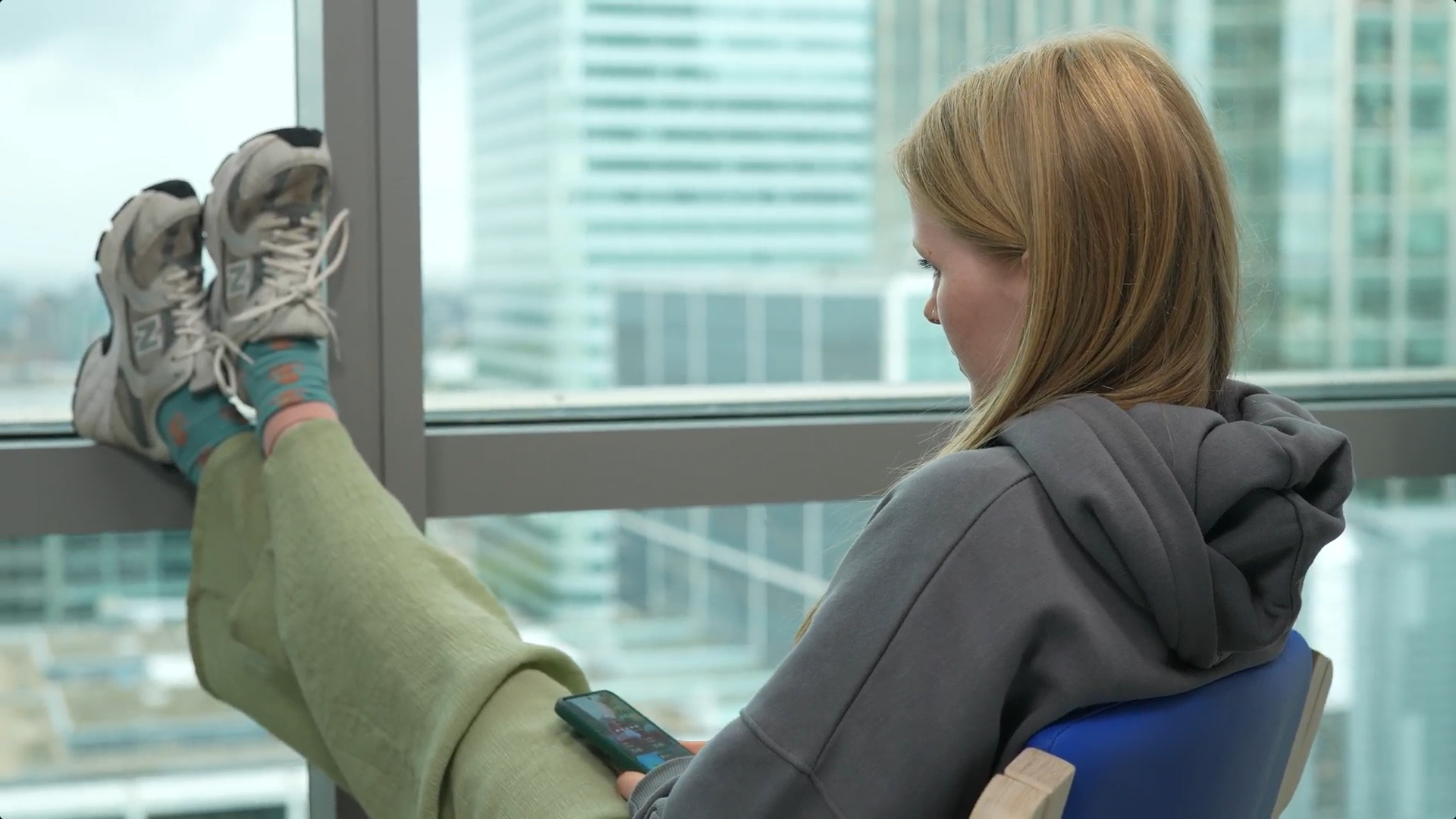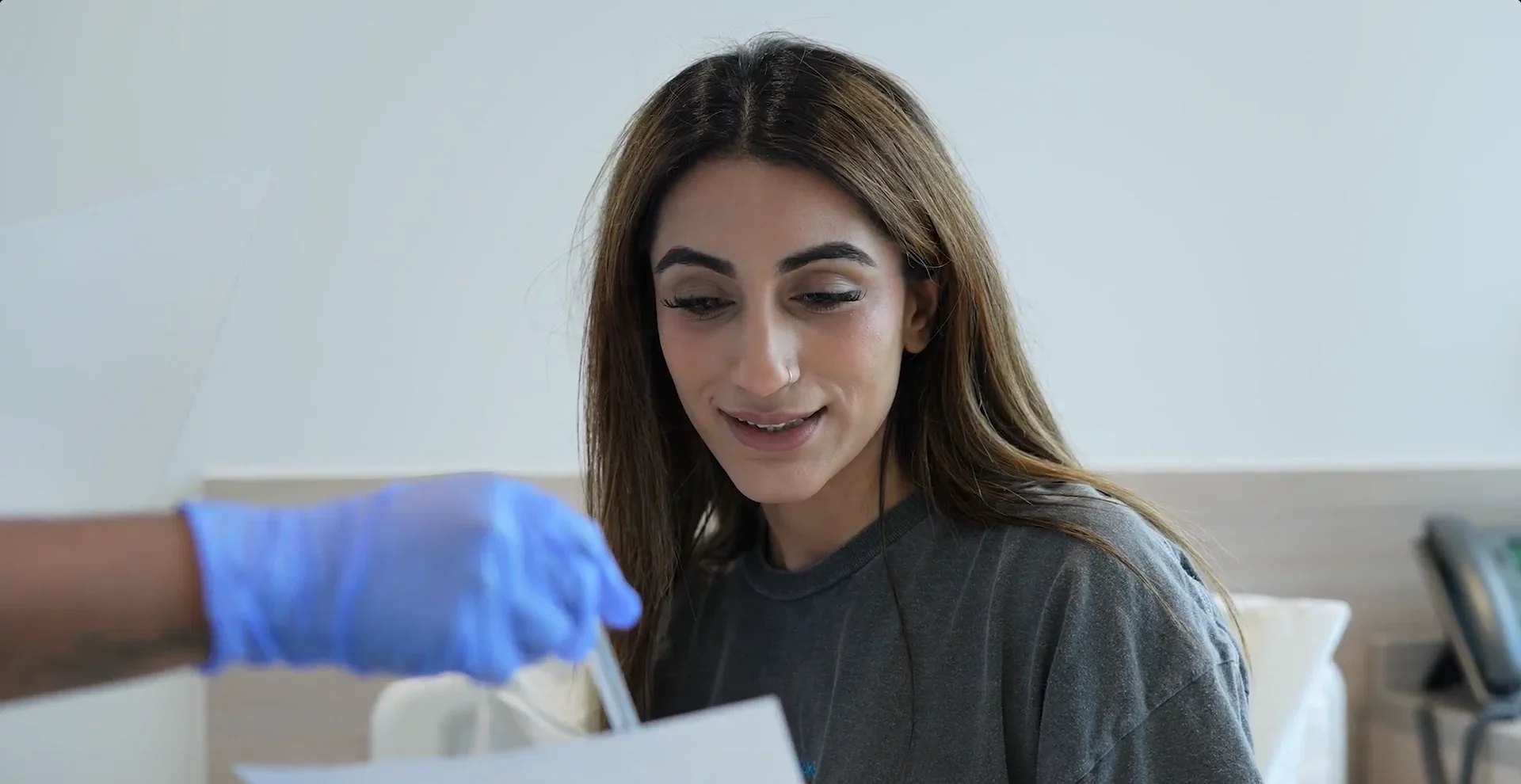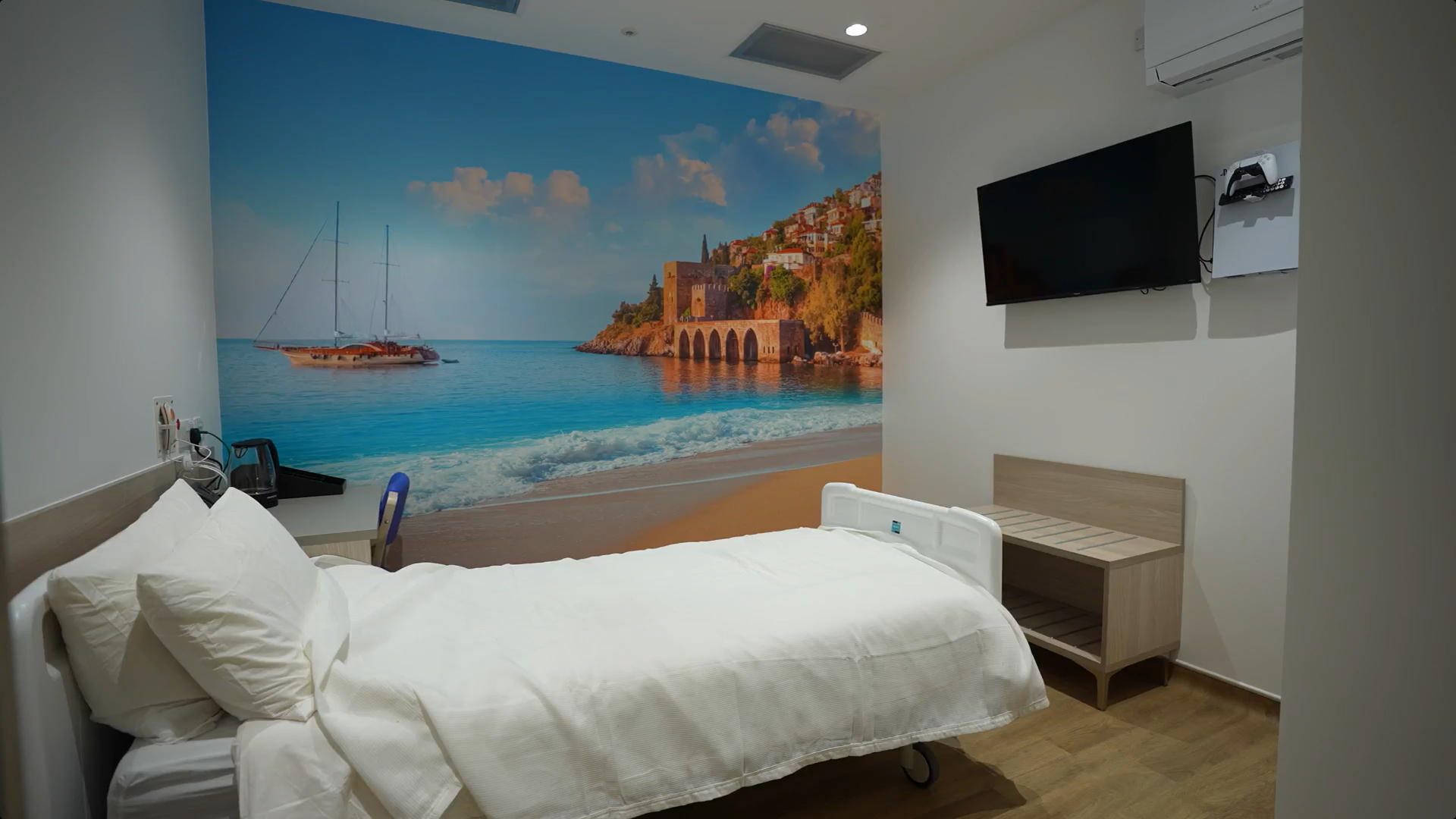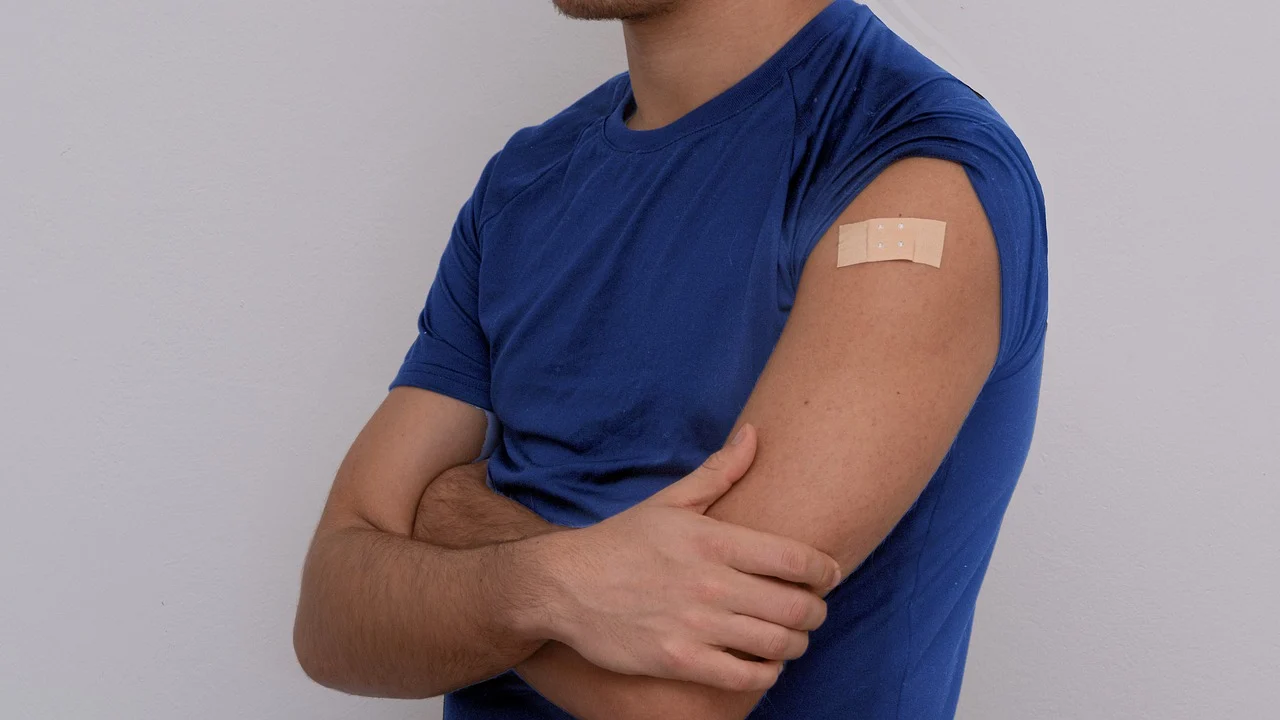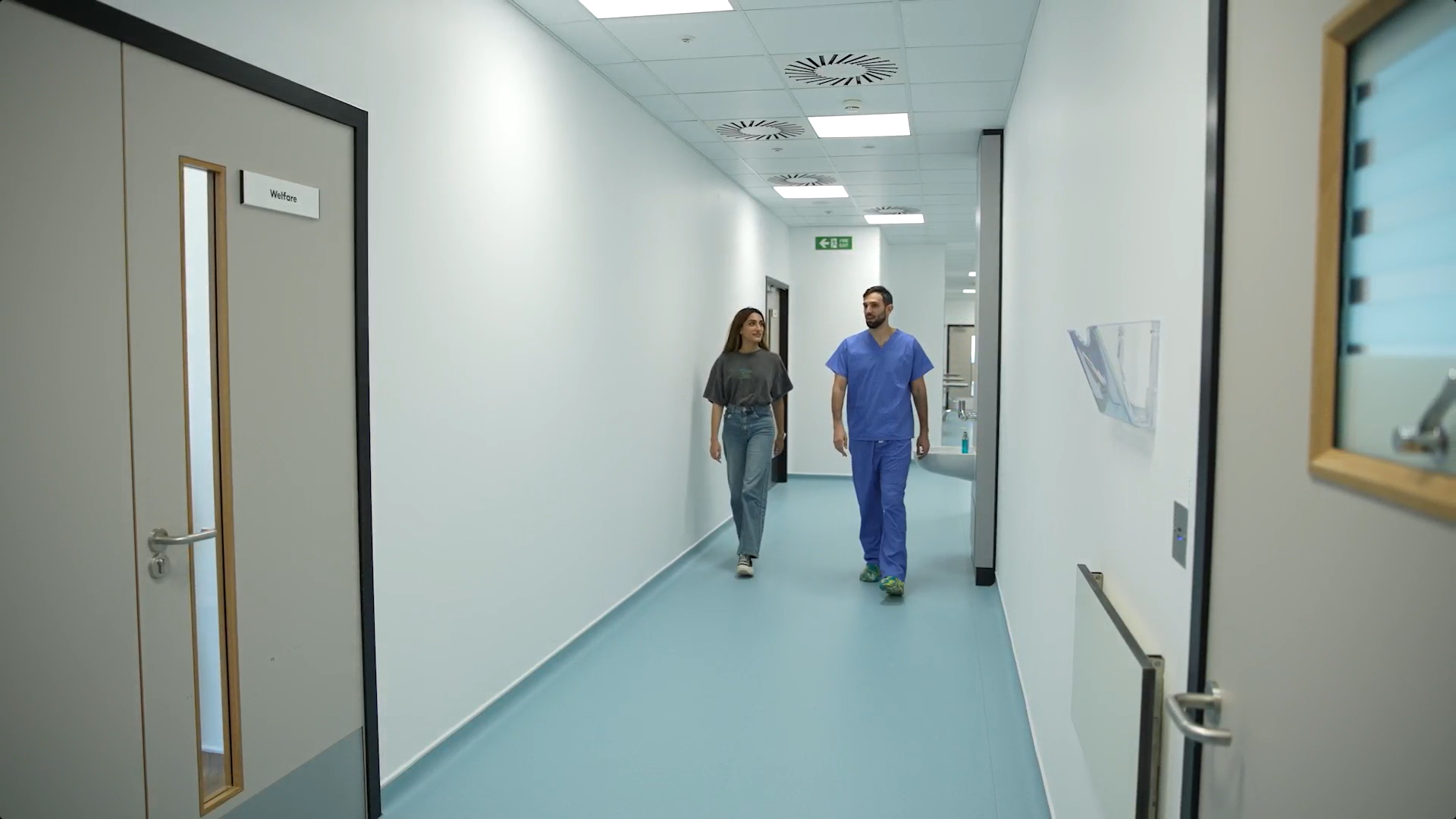In your 20’s life tends to change dramatically – and it can be easy to let your health take a back seat. However, it is a period in which is vital to establish a healthy lifestyle, to ensure that you can maintain a healthy body in the future. For example – your bone mass peaks in your 20’s, so this is your chance to get in some exercise and build your bone to reduce the chance of osteoporosis in later life.
Research also shows that lifestyle choices made in your 20s affect your heart health in your 40’s. Your mental health is just as much of a priority as your physical health, and nurturing one should help to take care of the other.
Our Top 5 Tips on Enhancing Your Health
1. Don’t sacrifice your health for your career.
Fortunately, the ‘sleep when your dead’ attitude to work appears to be abating, but many in their 20’s feel that this is the time they must drive themselves the hardest in order to succeed. Sleep is vital for physical health and mental clarity, as well as giving your system time to recover. One of the most common causes of injury for individuals in their 20’s is overexertion.
2. Regular physical activity.
A large amount of weight gain happens during the 20’s, thanks to modern lifestyles. Many will find themselves slipping out of sport or activity from their youth and not replacing it with any other physical activity. Those who remain activity in their 20’s tend to set good lifelong patterns. Try to mix it up; incorporate cardio and strength training into your regime.
3. Check your diet.
It’s an often repeated wisdom, but for good reason. This is particularly true for those with speedier metabolisms, who stick to terrible eating habits until they start noticing external problems. Unfortunately, sugary foods or alcohol start doing their damage well before you start to notice a significant change in your waistline. Getting a balanced, vitamin and protein enriched diet with plenty of water is vital for physical and mental health.
4. See the doctor.
Prioritise your health by getting regular check ups and vaccinations (flu vaccinations are recommended if you work in a vulnerable environment). Find out any family medical history that you may need to monitor. Don’t neglect the dentist or optometrist either.
5. Mental health.
Keep track of your mental health and engage in hobbies that you actively enjoy. Spend time with your friends and family. If you feel less than great, remember you can check in with your GP about this, as well as discussing your physical health!









